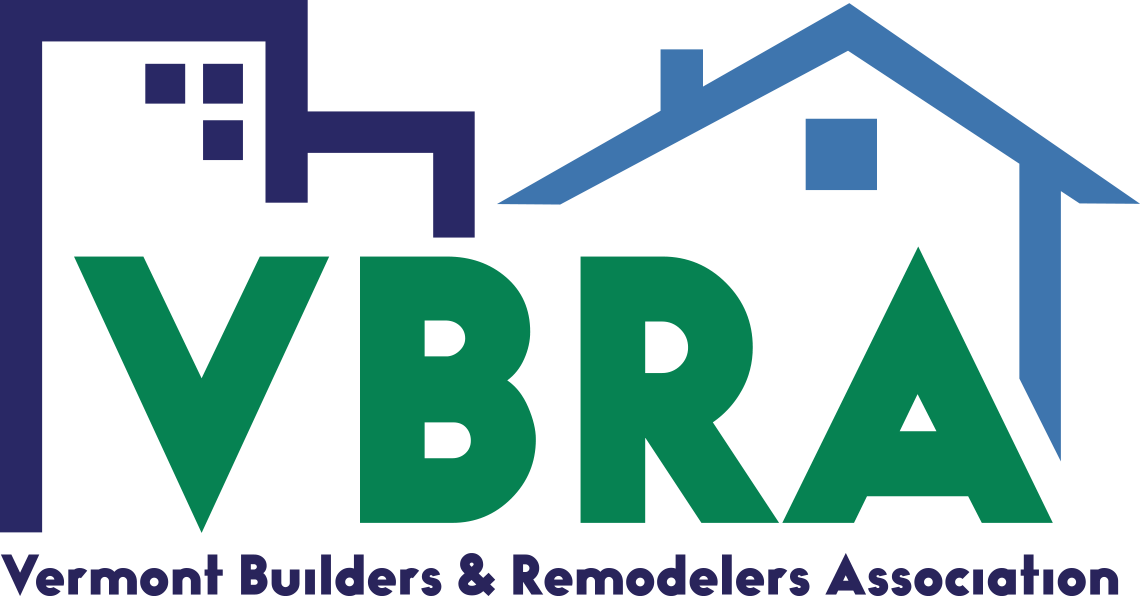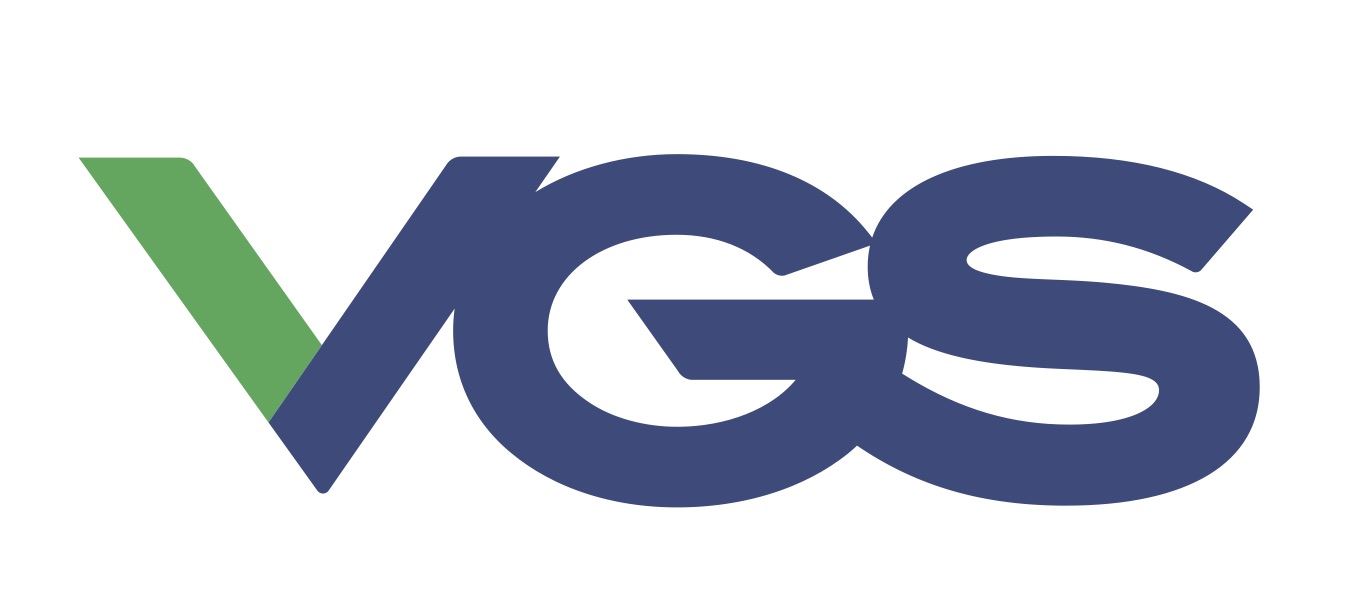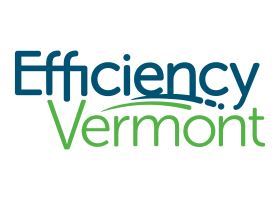- Home
- Consumers
- Consumers Resources
- Financing a Construction Project
Financing a Construction Project Building a home requires a lot of pieces coming together just right. Where to begin? Just like purchasing an existing home, the best place to start is with a lender. Meeting with a lender before you get too far into planning the build is a necessary first step. Establish a Budget. Have you thought about how much you want to spend each month? When you meet with a lender, they will take a careful look at your income and expenses to let you know what you may be able to afford each month, and what that means for a total loan amount. The lender will estimate property taxes and insurance and discuss whether you may need private mortgage insurance (PMI). |
|
Get Ready to Apply.
Gather your documentation for income and assets. It is important to disclose all sources of income and any debts you may have when applying for the loan. Have plans in the future for a new car? The lender needs to know about it! Have you applied recently for a new credit card? Your lender will want to know! Be prepared to be open and honest and share recent and future financial plans with your lender. The lender will want to know your plans on where you will be living during construction: Do you have a home to sell? Will you be living on a camper on the land? Mainly, will there be any expenses involved, and what are those expenses?
Sometimes what you want to spend and the affordability on paper do not line up, but don’t let that discourage you. A lender should be able to give you some ideas on how to get your budget closer to where you want to be. Here at EastRise, meeting with one of our certified financial counselors can be a helpful step.
Determine your Loan Program.
There are options for financing construction which vary from lender to lender. At EastRise, we offer a two-time construction loan. This means you have an initial closing for your construction financing, and a second closing when the home is 100% complete for your final financing. Our construction loan funds are advanced to you as work on your home is completed, and at the end of the process you finance only what was advanced along the way.
If you currently own a home , we may want to know about the equity in that home to see if there is any way to leverage the down payment, or in some cases, the full amount of the build if you have enough equity and affordability.
Whichever route you take to finance, it is important to go over expectations for rates and payments during construction, as well as what to expect for rate locking when the project is complete.
Calculate your Upfront Costs.
Along with planning for the monthly costs, it is important to understand the upfront costs, and even the costs you may incur along the way. Your Mortgage Loan Officer will be able to take your ballpark budget and come up with estimates for closing costs for the construction loan as well as for final financing. On top of closing costs, you will want to budget for the down payment. The down payment can range based on what type of property you’re building, credit scores, and loan program. Another large factor in this is whether you own the land already and if there are any loans against the land. A lender will discuss the value of the property with you and expectations of the costs, as well as the full value of the project when all is said and done. This is a very key piece of information in determining what may be needed for a down payment. Once you have a signed contract and plans and specs in place, the lender should be able to order the upfront appraisal to solidify those critical details.
Be Prepared for the Unexpected.
Planning for unforeseen expenses along the way is crucial to the successful completion of your new home. It is also important to understand what a lender requires for reserves. Reserves are funds available after closing to be used for any cost overruns that are incurred along the way. Here at EastRise, we can roll reserves into the loan amount, should the value be high enough to support it. If you do not want to roll in the additional reserves, or if there is not enough value to do so, it will be required that you have separate funds set aside. You will need to utilize your savings if costs increase during the build or if you decide to upgrade something that wasn’t in the original plans.
Choose a Lender you Trust.
Building a home takes time and planning. Just like you want to choose a skilled builder team, you want to have a capable lender behind you. By choosing a lender who is experienced, you will be sure they can walk you through every step of the way.
To find out more about EastRise’s construction loan programs, please visit us online at eastrise.com. You can contact us at mortgageassistants@eastrise.com or 866.80.LOANS.
EastRise Credit Union NMLS# 446767 Federally Insured by NCUA
Please Support our Annual Association Sponsors! |
VBRA Annual Sponsors Silver Sponsors
Bronze Sponsors
Marketing Sponsor
|











